

Dear Me,
It’s been thirty years since I last wrote to you. The year is 2046, and we will turn 70 this year.
I remember the turmoil in your mind as if it were yesterday.
Our gut instinct was to walk into work and declare that we were never coming back. We felt owned and controlled, a feeling that seems to continually haunt us. It’s not that they treated us poorly, but the job simply did not fit with our personality or free spirit. We didn’t feel as if we were doing good there. There is so much more to life than a 50-hour workweek and a paycheck. But we made good money and worked hard to be there. We would have been stupid to throw it all away. And, yet, we were miserable.
It had been several months since we started blogging again. The connections made there were heartwarming, sad, loving, and empowering. We had never spoken with so many strangers about such personal issues, and yet it was freeing in a way we never thought imaginable. It also reinforced that a job is simply that, a job. A job is not a life and it is not a passion. Writing, teaching, and helping others are our passion. This is where we were supposed to be at this time.
But on this day, like so many days past—even years—we struggled to live life on our terms. Fear had a grip that is unyielding. I can see you sitting there with stress creasing your brow and tears pushing toward the surface. We hate fear, don’t we? It is the one thing in life that keeps us trapped where we should not be. It kept us trapped with him for years. Now it shackles us to the unforeseen.
“What if no one wants to hear what we have to share? What if no one buys the book? What if we can’t make the non-profit self-sustainable? What if we can’t pay the bills? What if we fail?” There is safety in boring and secure situations, but they often lack joy.
I’m writing to you today to tell you to stop. Stop worrying about the future and what it may bring. The present is now. Life is short and precious. I know you. I am you. At 70, you will be happy with the good you did, the relationships you made, and the change you brought to others. It is time to make a change for yourself. My only regret is that I didn’t write to you sooner and implore you to allow yourself to be free. There is no correct box in which your life must fit. There is no path that you must take, and no one person who can tell you which direction to go. Only you can do that. Only you can release the chains of fear that are holding you back.
You will make the right choice and find a path that allows you to grow and blossom. The next 30 years will be full of love and passion for life. You will spend your hours helping others to avoid the pain you endured, and making connections with those struggling to find their path. You will grow together.
Some will tell you that you are crazy, but you will know that you are free. The anxiety will fade away. Your past will deteriorate into a story of hope and survival. You will greet the day with anticipation and use your time to create change. No longer will you be the woman who is trying to keep up with life, but instead, you will focus on health, happiness, and others. Love will guide you and peace will find you.
Your skin will wrinkle and your hair turn silver, but your heart will remain the same. In 30 years, you will look back on your life and say, “I did it right.” Follow your dreams. Your strength has brought you this far and will carry your further. Always remember what you say to others: “There is a beautiful life that can be had. Believe in yourself and find it.” It applies to you too.
Lovingly,
Your Future Self
Read the Forget Me Not Series here and visit the Forget Me Not Advocacy Group’s website.
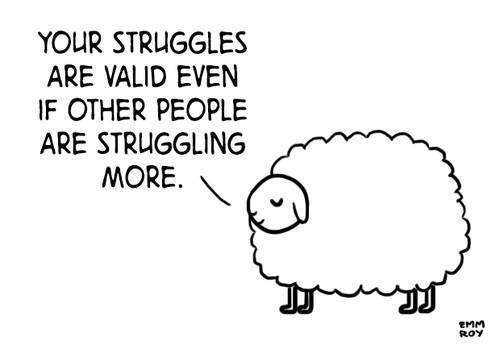

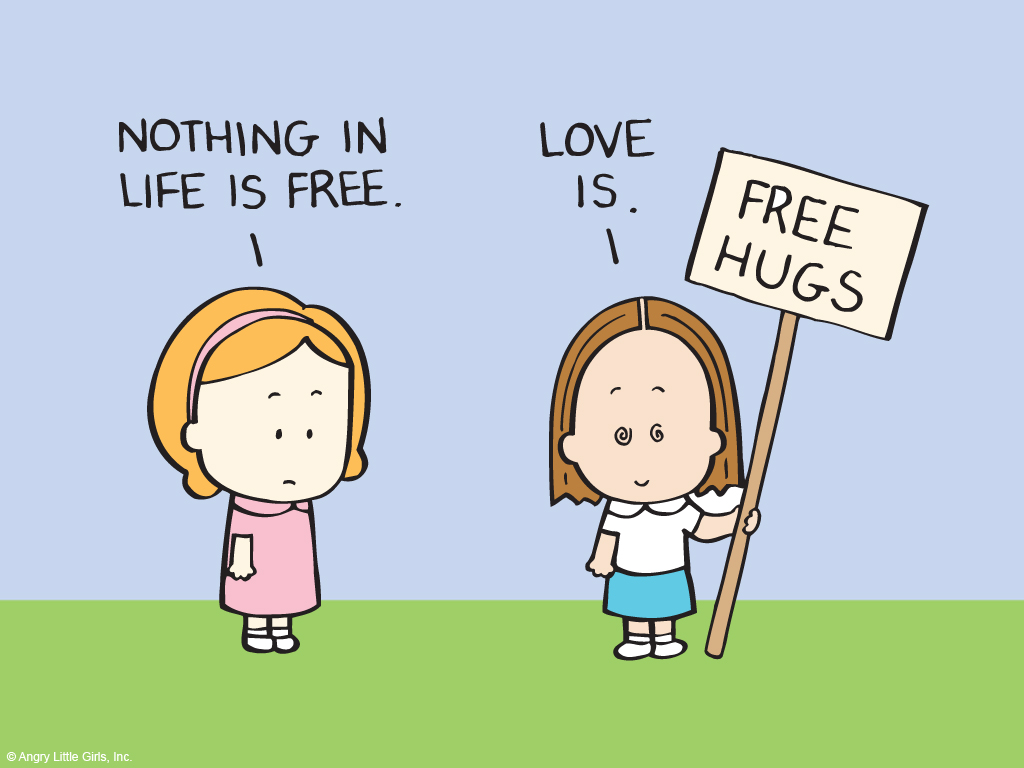




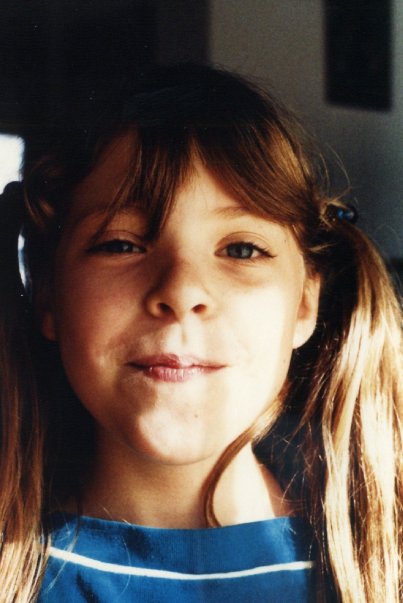

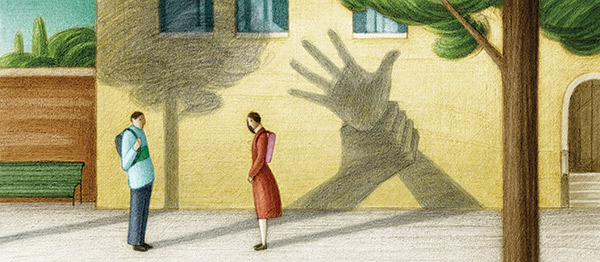
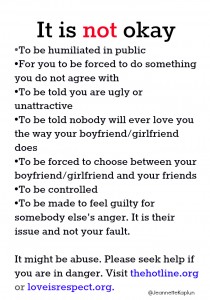
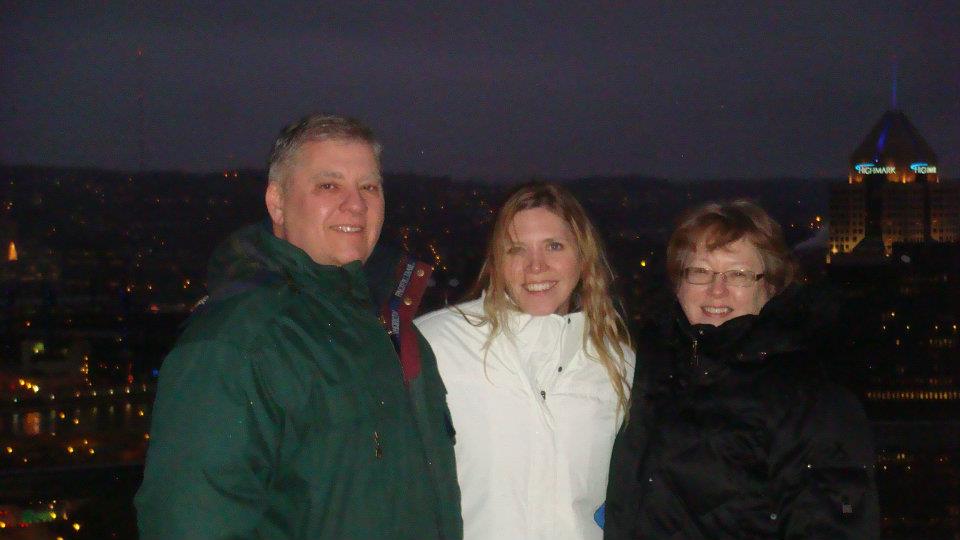

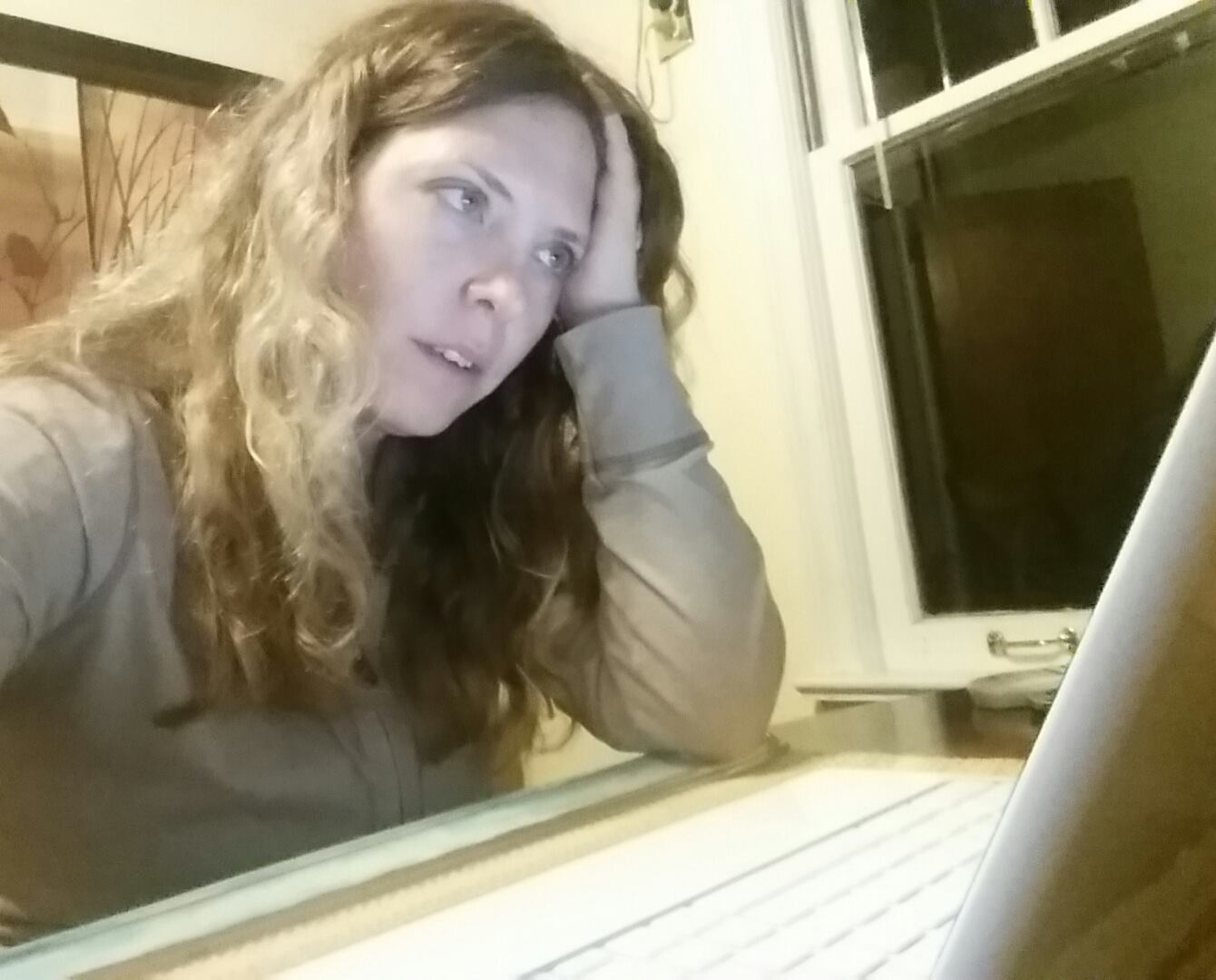



Recent Comments